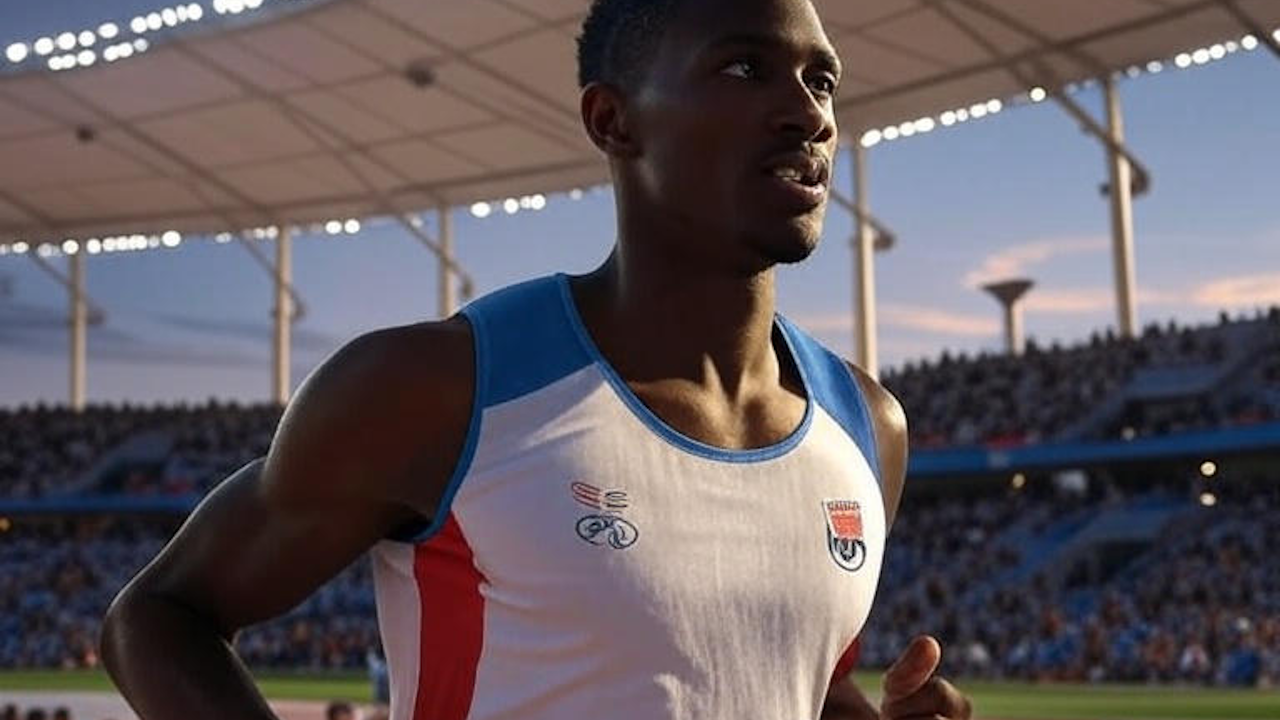The 2028 Summer Olympics, officially known as the Games of the XXXIV Olympiad, are set to take place in Los Angeles, California, from July 14 to July 30, 2028. This will mark the third time the city has hosted the prestigious international sporting event, with the first two being in 1932 and 1984. Los Angeles’ return as a host city not only underscores its enduring global appeal but also reflects a modern approach to organizing large-scale sports events, emphasizing sustainability, community engagement, and technological innovation.
Unlike many previous host cities, which have been criticized for excessive spending on infrastructure and facilities that often go underutilized after the Games, Los Angeles is taking a distinctly different approach. The 2028 Games will primarily use existing venues and infrastructure, aligning with the International Olympic Committee’s (IOC) Agenda 2020 reforms aimed at reducing costs and encouraging sustainability. The famed Los Angeles Memorial Coliseum, an iconic site that hosted the Games in both 1932 and 1984, will again serve as a centerpiece, playing host to the track and field events. SoFi Stadium, a state-of-the-art venue that opened in 2020 and is home to the NFL’s Los Angeles Rams and Chargers, is slated for the opening and closing ceremonies, as well as swimming competitions.
Other significant sites include the Crypto.com Arena, formerly known as the Staples Center, which will house basketball events, and the Dignity Health Sports Park, set to host rugby and tennis. These venues, along with more than 40 others scattered throughout Southern California, will ensure that the Games are not only logistically sound but also geographically diverse, bringing Olympic action to communities well beyond central Los Angeles.
The sports program for LA28 is shaping up to be one of the most inclusive and dynamic in Olympic history. It will feature over 40 sports and approximately 800 events, with several additions and reintroductions reflecting the evolving interests of global audiences. One of the most talked-about developments is the debut of flag football, a non-contact variant of American football. This inclusion represents a strategic move to engage U.S. sports fans more deeply and perhaps attract new international followers. The NFL has expressed full support, even allowing teams to send one player each, raising the possibility of seeing superstars like Patrick Mahomes and Lamar Jackson don national jerseys in Olympic competition.
Cricket, another exciting addition, will return to the Olympics for the first time since 1900. Given the sport’s massive following in countries like India, Pakistan, and Australia, its inclusion is expected to draw significant international attention. Lacrosse and baseball/softball are also returning, offering a blend of tradition and contemporary relevance. Additionally, squash, a sport long overlooked by the IOC, will finally make its Olympic debut, delighting fans and athletes who have long advocated for its inclusion.
While sport is at the heart of the Olympic Games, LA28 is also pushing the boundaries in areas such as transportation and sustainability. Organizers are envisioning a “car-free” Olympics, a bold proposal in a city notorious for its traffic congestion. One of the more futuristic solutions under discussion involves deploying a fleet of electric vertical take-off and landing aircraft—commonly referred to as flying taxis. These aircraft, developed in collaboration with Archer Aviation, are expected to offer quick, quiet, and zero-emission transportation between key Olympic sites and major transit hubs like Los Angeles International Airport. While this initiative may sound like science fiction, it’s being taken seriously as a way to revolutionize urban mobility during high-density events.
Boxing, a staple of the modern Olympics since 1904, faced an uncertain future leading up to LA28 due to governance concerns surrounding the International Boxing Association. The IOC had previously stripped the IBA of its rights to oversee the sport at the Olympics, citing issues of corruption and mismanagement. However, the emergence of a new governing body, World Boxing, has secured boxing’s place in the LA28 program. The Irish Athletic Boxing Association’s decision to join World Boxing was pivotal, ensuring Ireland’s continued strong presence in the sport and reinforcing the integrity of boxing at the Olympic level.
Beyond sports and logistics, LA28 is also deeply focused on culture and inclusivity. The Games’ emblem—a dynamic and changeable letter “A”—reflects the diverse identity of Los Angeles. Designed through collaborations with artists, athletes, and community leaders, each version of the emblem tells a different story, celebrating the city’s unique blend of cultures, perspectives, and creativity. This approach exemplifies the broader vision of the Games: to serve not only as a sporting event but also as a cultural movement that brings people together from around the world.
The Paralympic Games, which will follow the Olympics from August 15 to August 27, 2028, will be hosted by Los Angeles for the first time. This historic milestone reinforces the city’s commitment to inclusivity and accessibility, ensuring that athletes of all abilities are celebrated on an equal platform.
Merchandise for LA28 has already begun to roll out, featuring bold and artistic designs that reflect the energy of the city and the spirit of the Games. Items range from graphic t-shirts and hoodies to accessories that highlight both the Olympics and Paralympics, serving as early reminders of the excitement that awaits.
As preparations continue, LA28 is poised to set a new benchmark for what the Olympics can be. By balancing tradition with innovation, community engagement with global spectacle, and athletic excellence with cultural celebration, the Los Angeles 2028 Games promise to be more than just a sporting event—they aim to be a transformative experience that inspires generations to come.

